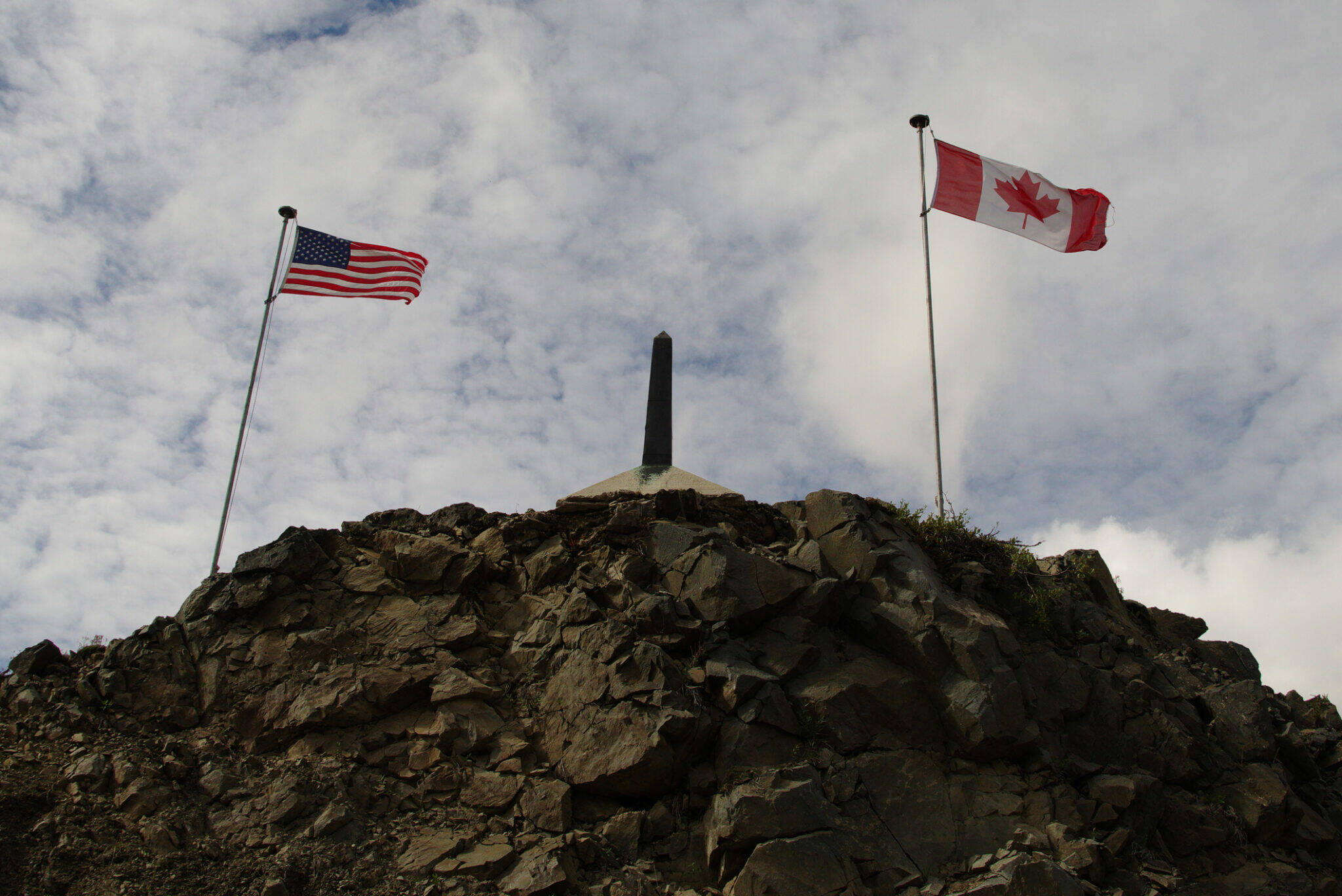As close neighbors, British Columbia and Alaska share a common goal: to foster responsible resource development by championing the highest standards of environmental protection for present and future generations. Both regions, and our natural resource industries, are jointly responsible for the stewardship of transboundary water quality and fisheries.
In response to the recent commentary suggesting “It’s time for U.S. government to hold Canada accountable for transboundary river impacts in Alaska,” it’s important to offer a balanced perspective about British Columbia’s exploration and mining industry that reflects our efforts to ensure responsible resource development and safeguard our shared watersheds.
First, the Alaska-British Columbia transboundary region is home to two operating mines and four development projects currently undergoing regulatory review processes – not the 30 projects mentioned. It’s worth noting these projects encompass not only gold but also copper, a necessary ingredient for clean energy technologies essential to meeting North America’s climate action objectives. Furthermore, the operating mines in the transboundary region have been built with the support and partnership of local Indigenous Nations. Other exploration projects are underway in the region, but each undergoes a rigorous journey including decades of exploration, engineering, environmental assessment, planning, financing, and permitting before a mine can go into production. Fewer than 1 in 10,000 exploration projects successfully complete that journey.
Second, the BC Environmental Assessment Office (EAO) receives input and feedback from Alaskan Tribes and stakeholders for mining projects undergoing the environmental assessment process in the transboundary region. Industry and the EAO are committed to engaging with Alaskan tribes and U.S. Federal and State agencies to understand and address their concerns. Alaskan concerns regarding minimizing impacts to fish and water quality in recent environmental assessments have been addressed. And the environmental assessment (EA) process ensures any potential environmental, economic, social, cultural and health effects that may occur during the life of a prospective mine are thoroughly assessed. This comprehensive environmental assessment process is designed to consider the concerns of all stakeholders and Indigenous nations.
Our commitment also includes responsible water management. The British Columbia-Alaska Memorandum of Understanding (MoU) and Statement of Cooperation reflects our governments’ joint commitment to enhancing and safeguarding shared rivers, watersheds, and fisheries. This partnership led to the creation of the Technical Working Group on Monitoring, tasked with collecting transboundary water quality data. The Group’s report found that no samples collected downstream of the British Columbia-Alaska border exceeded Alaska water quality standards, in line with baseline water quality sampling conducted by numerous industry partners. It also found that overall aquatic conditions in the Taku, Stikine and Unuk transboundary rivers support and sustain aquatic life. As an industry, we strongly support ongoing watershed monitoring efforts to ensure their continued well-being.
Finally, in recent years significant reforms have been made to modernize and strengthen BC’s mining laws and regulations in keeping with global best practices. This includes a new British Columbia Mines Act, a revised Health, Safety and Reclamation Code, establishing a Mines Investigations Unit and Mine Audits Unit within the mines ministry, a new major mines reclamation security policy, updated water quality guidelines, and continuous monitoring efforts to protect downstream communities and critical salmon habitat.
Importantly, with respect to tailings storage facilities (TSF), the BC government has made substantial legislative and regulatory changes to the laws governing TSFs. Legal requirements now mandate that mines with TSFs must adopt new design and operational criteria using the best available technology, employ Engineers of Record, and engage Independent Tailings Review Boards, which have further strengthened the TSF requirements. Notably, in 2021, British Columbia’s independent Chief Auditor of Mines conducted an audit examining British Columbia’s -TSF regulations alongside those in other mining jurisdictions on 13 elements of tailings management and engineering. The audit confirmed the regulatory framework governing TSFs in BC uses established best practices and is among the best in the world. The report concludes changes implemented in 2016 to the British Columbia Health, Safety and Reclamation Code for Mines are consistent with established industry best practices, are clear and enforceable, and have a high level of industry compliance.
Rest assured our industry is committed to managing transboundary watersheds with the highest standards of regulatory and environmental protection. We are committed to responsibly advancing mining projects that fully comply with British Columbia and Canadian mining laws, that meet the most stringent global standards for the environment, and are built and operated in partnership with local Indigenous partners. As neighbors, we look forward to advancing a positive and collaborative trans-boundary relationship.
• Michael Goehring is the president and CEO of the Mining Association of British Columbia, the voice of British Columbia’s steelmaking coal, metal and mineral producers, smelters and advanced development companies since 1901. This article originally appeared online at alaskabeacon.com. Alaska Beacon, an affiliate of States Newsroom, is an independent, nonpartisan news organization focused on connecting Alaskans to their state government.

